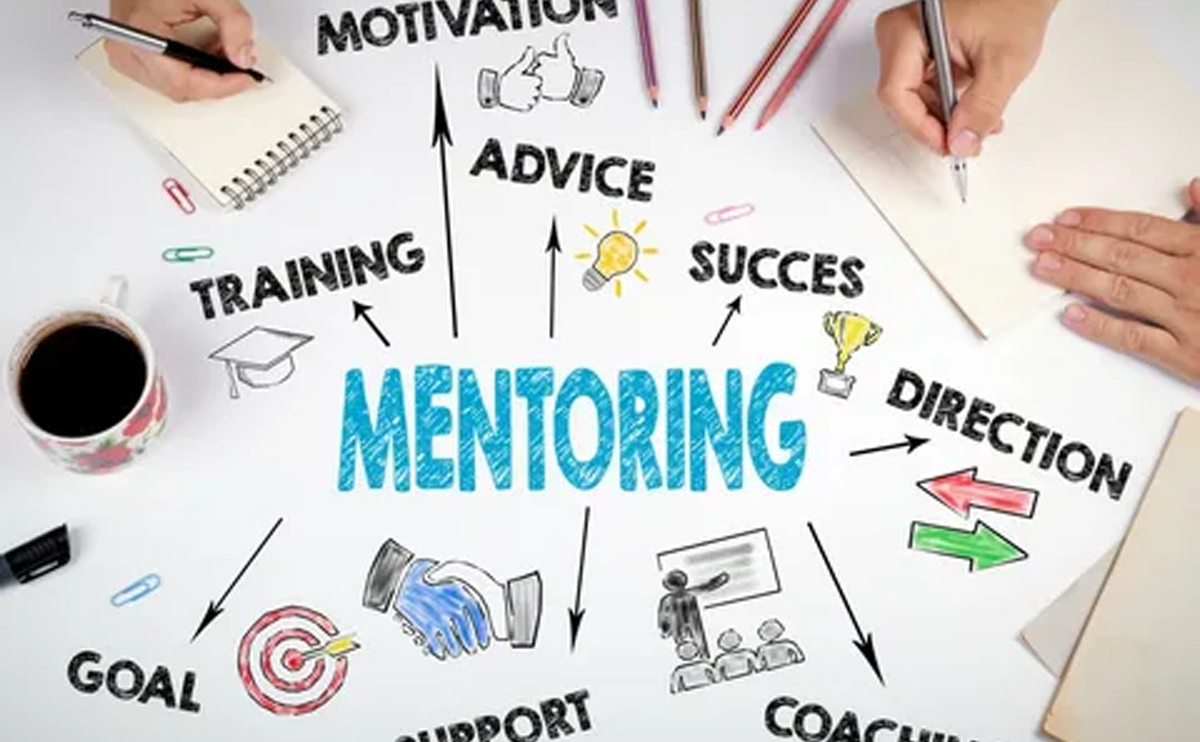As you approach the end of your teenage years, the significance of financial independence becomes more apparent. With high school graduation on the horizon and potential pathways ahead, whether it’s college, trade school, or direct entry into the workforce, understanding the importance of financial resources is crucial.
One of the key pillars of financial independence is a good credit score. But what exactly is a credit score? Do you already have one, and if so, what does it say about your financial standing? Understanding these questions and their implications is fundamental to navigating the financial landscape successfully.
A credit score is essentially a numerical representation of your creditworthiness. It reflects how responsible you’ve been with borrowing and managing credit. If you’ve had part-time jobs during high school and have been using credit cards or loans, you likely already have a credit score, albeit possibly a limited one.
Knowing where you stand with your credit score is essential. A good credit score can open doors to better interest rates on loans, credit card approvals, and even impact your ability to rent an apartment or get certain jobs. On the other hand, a poor credit score can limit your financial options and lead to higher costs in the long run.
Improving your credit score involves several key steps:
Pay Bills on Time: Timely payments are one of the most significant factors in a good credit score. Set reminders or automate payments to ensure you never miss a due date.
Keep Credit Card Balances Low: Using too much of your available credit can lower your score. Aim to keep your credit card balances well below their limits, ideally under 30% of your total credit limit.
Build a Positive Credit History: The length of your credit history matters. Keep old accounts open and active, even if you’re not using them regularly. This shows lenders that you have a stable credit history.
Monitor Your Credit Report: Regularly check your credit report for any errors or discrepancies. Correcting these issues promptly can prevent them from negatively impacting your score.
Limit New Credit Applications: Opening multiple new accounts in a short period can lower your score. Apply for credit only when necessary and avoid unnecessary inquiries.
Developing financial literacy is a lifelong journey. While personal experiences can teach valuable lessons, seeking guidance from parents, mentors, and financial resources can help you avoid common pitfalls and make informed financial decisions.
By actively engaging in financial education, understanding the nuances of credit scores, and adopting responsible financial habits, you can pave the way for a more secure and successful future.


